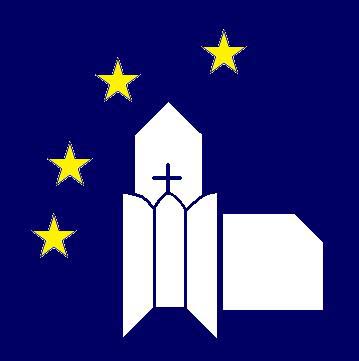Redes Cristianas' two-fold leaflet "A DESINMATRICULAR!" which you can see in the Redes Cristianas editorial* of 4th October 2022 focuses on finding solutions to resolve the scandal of the large number of public properties secretly registered in the name of the Catholic Church in Spain without the knowledge of the local inhabitants: 34,961 between 1998 and 2015 according to the Spanish government but close on 100,000 according to the NGO Recuperando, if one takes into account the period between 1946 and 2015, when the government banned the Spanish Catholic Church from further registrations.
This issue is well known to some Spaniards but relatively unknown to others and probably totally unknown to people in other countries, so we thought it was important to explain the background.
"Inmatricular" means to register a property for the first time. In 1946, during Franco's dictatorship, the Ley Hipotecaria (Mortgage Law) allowed Catholic bishops to register historic buildings in the public domain as property of the Catholic Church, as long as they were not buildings of religious worship. In 1998 the Aznar government extended the right of immatriculation to include all historic religious buildings even if such properties had been maintained by the state or local administrations.
In the current legislature, the Spanish Parliament has approved a decree stating that
